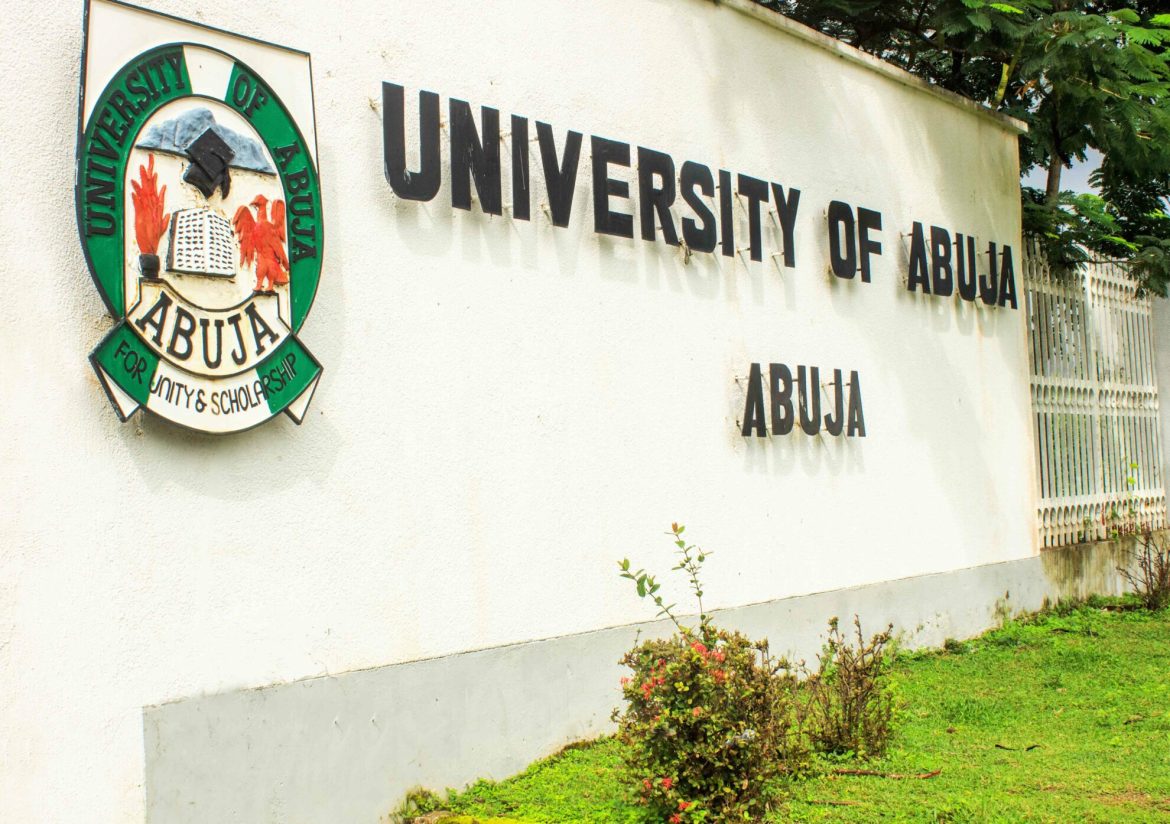769
By racy Moses
A coalition of former students, operating under the banner of Concerned Alumni of the University of Abuja, has called for the immediate resignation of Professor Lar Patricia Manko, the Acting Vice Chancellor of Yakubu Gowon University (formerly University of Abuja). The demand follows a contentious decision by the university’s Senate to grant amnesty to students previously sanctioned for examination malpractice.
The controversial pardon, which applies to students penalized for academic misconduct between the 2020/2021 academic session and the first semester of 2024/2025—was approved during the institution’s 189th Senate meeting on May 28, 2025.
The move has since sparked a wave of backlash, with the alumni describing it as “an outrageous betrayal that reduces the university to nothing more than a glorified high school.”
“We were in disbelief when the news filtered into our alumni WhatsApp platforms,” read a strongly worded statement signed by Barrister Mohammad Usman and Oluwaseun Akintola on Sunday in Abuja. “Initially, we dismissed it as a hoax. To the best of our knowledge, no tertiary institution in Nigeria has ever granted clemency to students caught cheating.”
The group questioned the logic and integrity behind what they termed “an academic embarrassment of historical proportions,” likening the gesture to amnesty typically reserved for insurgents and armed groups. “Are these students ex-militants, terrorists, or bandits to deserve such pardon?” they queried.
Further, the alumni alleged that the amnesty was the result of undue political interference and financial inducement. “Our interactions with several aggrieved lecturers suggest the decision was driven by a desire to shield influential individuals previously implicated in exam malpractice. One lecturer even confided that large sums of money may have changed hands among the university’s top management,” the group claimed.
They expressed concern over Professor Manko’s decision to endorse such a controversial policy, especially as her acting tenure is expected to end in a few weeks. “It’s baffling that a transitional Vice Chancellor would oversee such a damaging move,” they lamented.
The statement also posed seven critical questions demanding immediate answers:
Why are the identities of the amnesty beneficiaries being kept confidential?
Why was there such urgency when the acting VC is weeks from exiting office?
Does the amnesty mean automatic certification or will affected students resit exams?
What happens to court cases involving students previously expelled?
Why have the Education Minister, Dr. Maruf Olatunji Alausa, and the National Universities Commission remained silent?
Why does the amnesty only apply to the 2020–2025 academic period?
Why was such an important Senate session focused on this issue while ignoring the unresolved land dispute with the FCT Minister?
The group also raised concern for lecturers who had faced threats and rejected bribes while trying to uphold academic integrity. “These are professionals who risked their lives and careers to protect, the university’s values, only to see their efforts dishonored by this disgraceful U-turn,” the statement added.
They issued a seven-day ultimatum to the university authorities to reverse the amnesty decision or face legal action. “We will not sit idly by while the value of our degrees is undermined. The future of our alma mater is at stake,” they warned.
Responding to the growing uproar, the university’s Acting Director of Information and University Relations, Dr. Habib Yakoob, defended the Senate’s decision in a weekend statement, dismissing the allegations of political influence.
“The amnesty applies across all faculties and levels. It was the product of careful deliberation, guided by a sense of academic fairness,” he stated.
However, his remarks have done little to pacify critics, as questions continue to swirl around the decision, which many now fear sets a dangerous precedent for Nigeria’s higher education landscape.



